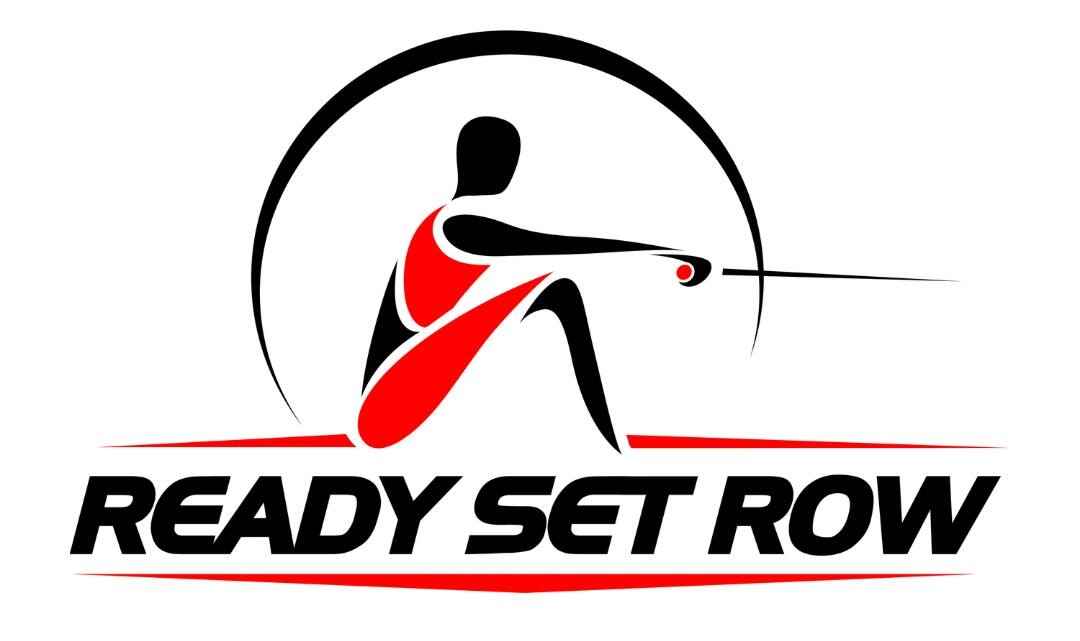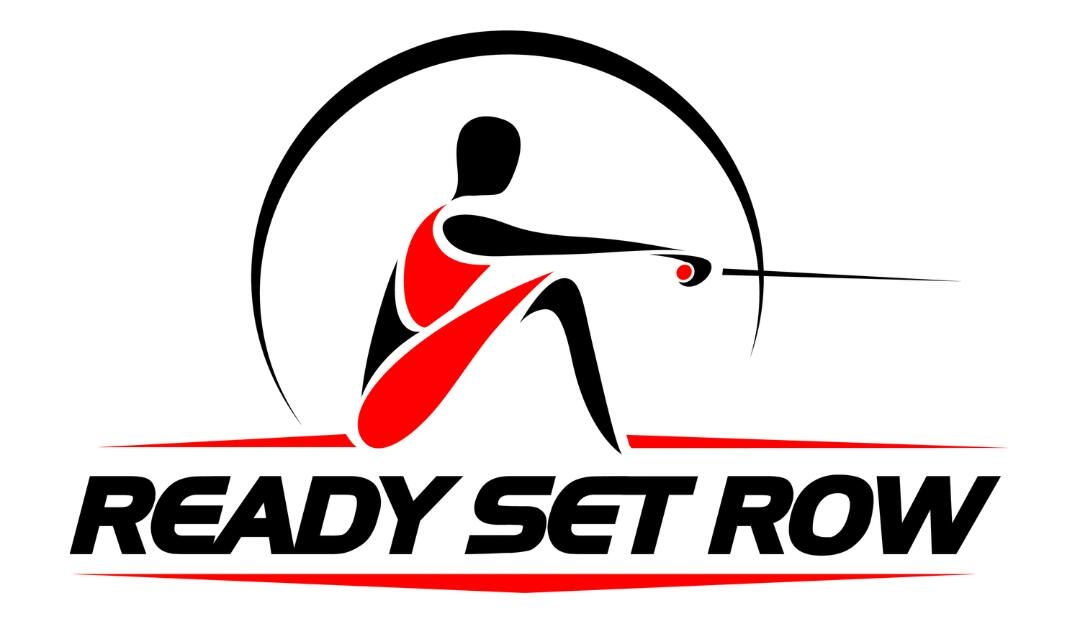Interview with Sporty Girl
In the world of junior sports, prioritizing process over outcome can be contentious. I've had parents push to get a kid racing before an athlete was ready and complain about a lack of competitive opportunities. How has your Ready Set Row (RSR) philosophy been embraced by parents?
I explain to all of my athletes and their parents my coaching philosophy: Build young leaders who Seek challenge, Embrace work and Expect discomfort. It’s our RSR Lifestyle Framework: “SEE Life Clearly.” We build safe environments for our athletes where we redefine failure and push them to risk again and again, each time getting stronger and more confident in practice not just in competitions.
Our framework is such a critical and immediately apparent life-skill that parents see the big picture and stop focusing on micro-details. We ask our athletes “Why do you row?” “To win races.” “Why do you want to win races?” “I want the medal and I want to beat people.” “Why do you want to beat people?” Ultimately they realize that they train and compete in this challenging sport because it allows them to push, fail and try again and test their limits on a daily basis. It’s not really whether you win a medal – after all, the medal is just a function of who showed up to race day. You can have a gold medal, but know that you did not race your best race. And you can finish a race last in your heat and feel confident you gave it your all.
The sense of accomplishment everyone desires, is when you know in your heart that you prepared, trained for and executed your race to the best of your ability – the hardware is secondary. You are so proud of your performance and all the work that you did leading up to that performance that you want to shake the hand of anyone who beats you, because you know how hard she had to have worked to go that fast. That is my goal.
In addition, I think it’s a disservice to think that the “competition” only comes on race day. We are training our athletes to fight and compete every day so that when the real race comes, they have already seen their limits and they know what they are capable of. If you are living this philosophy day-to-day, then competitive scenarios are your requirement and racing is just the icing on the cake.
As a writer, I love that the athletes in your RSR program keep journals. Tell me more about the purpose and benefits of journaling while you train.
Our athletes will use their journal every day to record metrics such as sleep, fuel, hydration as well as their physical performances. This allows them to take more ownership and be accountable. It’s important that they start to take care of their bodies and start to look for performance trends. What was the workout and how did you feel? Does this food make me sleepy after I eat it? How is my performance if I sleep 45 more minutes each night? All of this is important; we are asking a lot of their bodies and most junior athletes do not think about what they put in their mouth as the fuel for the machine and they do not correlate rest and recovery with performance and risk of injury. RSR Coaches will be looking at these journals regularly to ensure athletes are recording the information and learning how to increase boat speed through personal care and nutrition.
Our athletes will also be doing daily RSR Self-Reflections. We will be asking the athletes challenging questions both about them as athletes but also as young women who will be growing into themselves and leadership positions. We will be pushing them and asking them “What do you want? And what are you willing to do to get there.” We will help them explore what type of athlete they are and what that means. We will help them answer the question “Do you really want to row in college? Because if you do, this is what that really looks like.” Athletes may have written assignments to do on their own to turn in for review or we will all write together. Athletes will work on their public speaking as they are asked to present some of their RSR Self Reflections and they will be pushed out of their comfort zone.
There is often a story line we see in books about sporty girls that pits one female athlete against another. I've experienced the mean girl more than once. How do you use mentoring in your program to develop supportive communities for athletes to reach their goals?
First, the coaches have to create the right environment and I personally work with every athlete I coach. I tell parents that my coaching style is 60% Dictator, 20% Partner and 20% Goof Ball. I will be very clear about the standards we hold our athletes to, but I will also need the athlete to work with me to constantly improve. Finally, you have to have fun in this sport. It’s too hard not to.
Once I create our environment through that type of leadership, I believe a great coach does coach athletes differently. You never compromise your standards, but you are constantly watching each athlete to identify triggers and develop specific and unique motivational techniques. Once each athlete realizes that she is a valued and unique member of the team it allows her to focus on herself and her own performance.
We are clear with our athletes that judging a peer is unacceptable and can actually be detrimental to team chemistry – that’s my job. It is however, the job of each athlete to go as fast as she can go every stroke of every day and to use her teammates to get faster. We create a competitive environment where the athletes understand that to be the best you can be, you have to test your limits every day. And the only way you can do that is if someone else is pushing you.
We cultivate that type of competition among our athletes with the understanding that to race your teammate is the best thing you can do for her since you are preparing her for battle. This competitive environment can become charged and emotional, but we are clear to our athletes that one’s physical performance has nothing to do with an athlete’s character or value as a human being. It is an indication of where she can improve. This is a critical component of a fast team that trusts each member is doing everything she can possibly do to put her bow out in front.
This is eating disorders awareness week (Feb 21-27). In rowing, weight can be an issue-- making weight for lightweight boat classes and the desire for smaller coxswains. How do you stress the "heart of a fighter" over body type?
I am a perfect example – 5’6 and rowed in the Varsity Heavyweight 8+ for three years at Harvard. It doesn’t happen often, but what I stress to my athletes is that the drive, the fire, the kill switch inside an athlete is the most critical component. And it cannot be taught. If someone doesn’t want to race, I can’t teach her how to do that. If you give me a fighter I will teach her the technique, the training, the strength building exercises that are needed to make her the fastest rower she can be. And that’s all you can ask of someone. Obviously the taller you are the more leverage you have, but I know plenty of tall women who are not racers. I will always take a racer in my boat any day – no matter her size.
So much of what I've learned from sports and rowing specifically-- is leadership. Talk more about your phrase "training the brain."
The brain is a muscle. You have to train it to make it stronger. And if you stop training it, it atrophies just like any other muscle.
Additionally, rowing is an offensive sport- there is no defense. You blast off the line and have your best race you can have. You cannot actively slow another boat down. The same is true for mental toughness and grit. The more you train your brain to be on offense, the less your brain has to be on defense. And any rower can tell you, if you start thinking about “I can’t do it, I can’t go on, It’s over,” it IS over.
You have to develop your positive truths and your mantras that you know in your heart are true. You will then use these truths in a race plan when you are going to ask your body to do the seemingly impossible. In my experience, negative thoughts during a race or a maximum effort piece creep into your head when there is a void. If you let your brain start to think about what your body feels and you have not developed a positive image or phrase to focus on, you will usually go slower.
I work with each athlete to develop her Truths – the qualities about herself that she knows are true so that we can call upon those strengths when we put our bodies to the test.
Your Ready Set Row summer camp program takes place at St. Andrews, the school where the movie Dead Poet's Society was filmed. This is a book blog so I have to ask... is poetry or other literature part of your training program?
Actually, we have a suggested reading list for our athletes and one of their On-Site Reflections during the camp is Racing Poetry. And as I said before, athletes and coaches will all be asked to write autobiographical stories and share them amongst the team.
What are some of the books on your bedside table right now?
Mindset: The New Psychology of Success – Carol Dwek, Wooden: A Lifetime of Observations and Reflections On and Off the Court – Wooden and Jamison And Teach Your Children Well: Why Values and Coping Skills Matter More than Grades, Trophies or “Fat Envelopes” – Madeline Levine (I have a 3 year old and a 1 year old too!)
Okay. Speed round:
Pizza or sushi? Pizza.
Bike or run? Depends how long – I love a good long road ride.
Ebook or paper copy? Paper definitely.
Dance to loud music or talk with friends? Depends. I learn things everyday from the people I surround myself with and lucky for me they are some great dancers!
If you could be any animal what would it be and why? Wombat. Lovable, furry, intelligent, resilient, compassionate but ferociously defends her family. Do you know how? The way a Mama Wombat protects her nest is awesome. Wombats live in their burrows so if a Tasmanian devil or another predator comes down into her burrow to eat the babies, the Mama keeps her head towards the babies and her rump towards the predator. If the predator tries to get around her, she will crouch down to allow the predator to put his head on top of her rump and then she will stand up and crush the predator’s skull against the roof of the tunnel. You don’t want to mess with that mama. Totally awesome.


0 comments
Leave a comment
Please log in or register to post a comment